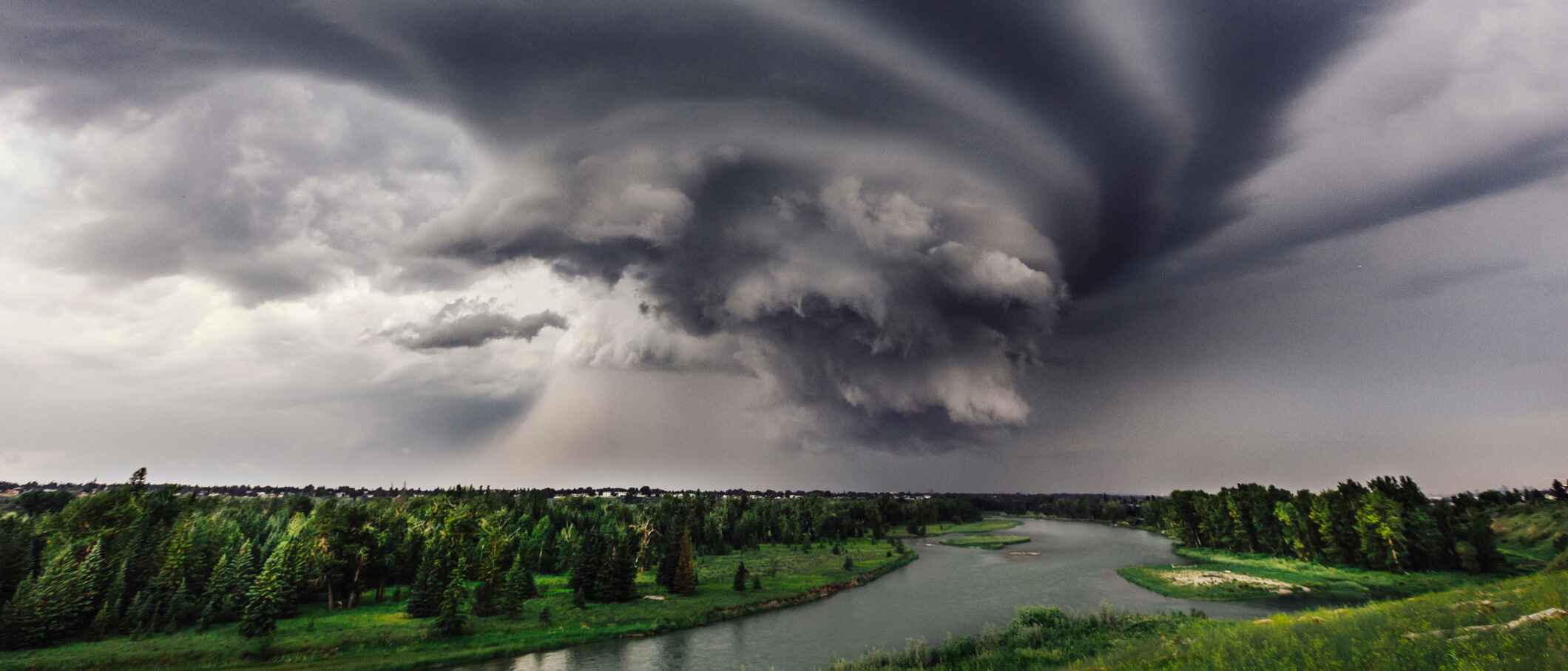
Water Coverage: What Homeowners Need to Know
It’s rain and hail season in Alberta. When was the last time you checked with your home insurance broker? Unless you’ve had a flood in your basement or your septic tank has blocked, you’ve likely never had to think about different types of water damage.
But with water damage a rising trend in the province and water damage claims the highest dollar amounts being paid out by insurers each year, it’s time to reevaluate your insurance policy.
Tenants and condo owners are also significant players in the water damage field. You may know someone who owns a condo and had to replace their carpet due to flooding, or a renter who bought all new furniture after a sewer backup. The cleanup and the hole in your finances is not fun.
How do you stay ahead of the storms and the potential damage that ensues?
Beyond the Basics of Water Damage
If you’re a homeowner with an insurance policy, you already have basic water coverage. Basic coverage covers several scenarios, including your bathtub that overflows, water damage from a burst pipe, and water that comes into your home due to an insured peril.
Overland and sewer backup insurance are two separate water coverages that you have to pay extra for, also called an endorsement. Overland coverage was introduced after Calgary’s 2013 flood and is offered by many, but not all, insurance companies. It’s essential to get the right amount of overland coverage; some homeowners have $20,000 coverage, but the amount may not cover expenses for a full basement renovation, for example.
Overland and Sewer Backup Coverage Explained
Sharp Insurance broker Daniel Wahba answers your pressing questions about overland water and sewer backup water coverage below.
- Can I Get Overland Water Coverage?
About 90 percent of the population is eligible for overland water coverage. If you live in a high-risk area, you may be limited to the coverage you can get, or it may not be offered. The benefit to working with a broker is that we have multiple different markets, so we can look and see which companies offer it. Just because one company doesn’t provide it, doesn’t mean all companies don’t offer it. - What is Overland Coverage compared to Sewer Backup Coverage?
Sewer backup is any water that is coming from an external fixture from the home. So, if you’re attached to the sewer system, and that backs up, that’s considered sewer backup. Overland water is anything that is coming from the outside water that shouldn’t be. Say there is a river beside you, the river overflows and enters into your home – that’s an overland water event. - Why Do I Need overland and sewer backup Coverage?
You need both coverages. The biggest reason why is there is a crossover. For example, if you have an overland water event that causes your sewer to backup into your home and you don’t have overland coverage, your claim can be denied. So to ensure that all possibilities are covered, you need both. If you’re missing one and it causes the claim, then you won’t have the coverage. So, without one, you will be in jeopardy of being underinsured or having your claim denied. - There has been a leak for a while, am I covered?
If you’ve had a leak in your home for a while, it’s unlikely you’ll be covered. Any time we’re talking about insurance claims, two big things are sudden or accidental. If the event is not sudden or not accidental, you will not have coverage. So, if the leak has been ongoing for months, and you choose not to deal with it – there is no insurance coverage in place. If this is something all of a sudden has appeared and you act on it right away, then there is a possibility that it will be covered under your insurance.
Remember that your home insurance policy is unique. So your neighbour’s insurance policy may be very different from yours, based on many factors. Don’t rely on what your friend says about their policy. Call your broker or insurance company if you have any questions or concerns.
call sharp insurance to answer your questions related to home insurance we provide this service in different locations.
- home insurance Calgary
- home insurance Edmonton
- home insurance Grande Prairie
- home insurance Lethbridge
- home insurance medicine hat
- home insurance Ontario
- home insurance red deer
- home insurance quotes Toronto
Are you aware of the distinctions between home insurance and tenant insurance?
While home insurance is occasionally employed as a broad categorization for various property insurance types, such as those covering houses, condos, and rental properties, tenant insurance, on the other hand, is property insurance explicitly crafted for renters or tenants. It offers distinct coverage compared to conventional home insurance and is typically a more budget-friendly option
Sharp Insurance offers comprehensive Condo insurance coverage in these locations:
